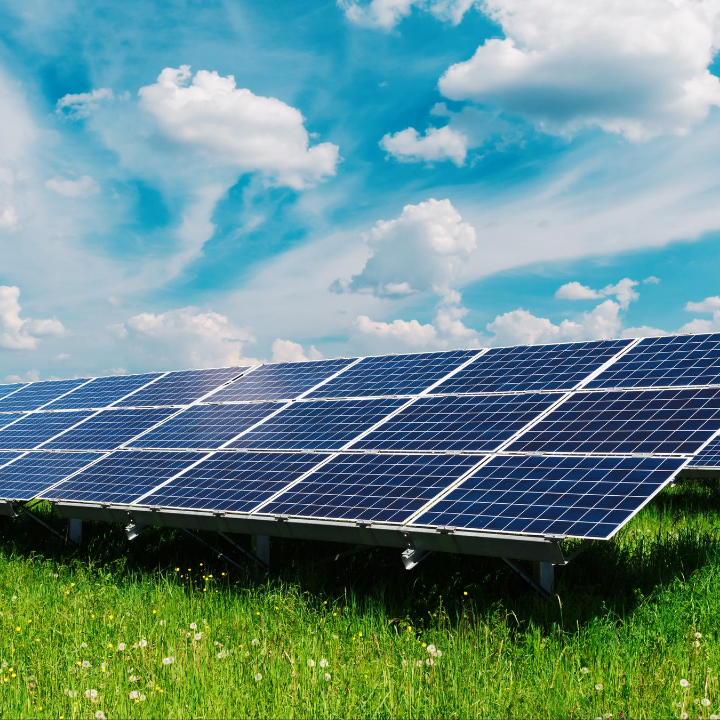EU’s Net Zero Industry Act: Implications for Chinese renewables firms

Canva
"What does the EU’s Net Zero Industry Act mean for Chinese renewables firms?" 19 April 2023
A newly proposed European act aimed at boosting local manufacturing capacity of clean technologies is unlikely to directly impact Chinese companies, industry insiders have told China Dialogue.
The Net Zero Industry Act intends to strengthen the competitiveness of the European Union in technologies like wind turbines, solar panels, heat pumps and carbon capture and storage, by driving domestic production. It was put forward on 16 March by the European Commission, the EU’s primary executive body.
Sources in Chinese renewable firms told China Dialogue that it will be “very hard” for the EU to build complete manufacturing chains internally, especially if it wants to hit its renewable energy targets. They also said Chinese firms have sped up expanding into other overseas markets to mitigate the impact of possible EU and US restrictions.
European analysts agreed the act should not substantially impact Chinese firms, but gave different reasons. Some said its purpose is to provide a better policy environment for the EU’s clean tech industry, rather than to come “with all guns blazing”.
Others noted that even though the act sets a goal of at least 40% of Europe’s clean tech being locally produced by 2030, the language is “blurry”. One Belgium-based professor said the proposed act “in principle” shouldn’t affect Chinese companies because it does not require clean tech producers to source a certain amount of components from local suppliers. [...]
China holds a market share of more than 80% in all key manufacturing stages of solar panels globally, according to the International Energy Agency.
The source, who agreed to speak on condition of anonymity, said it will be “very hard” for the EU to build a domestic manufacturing chain for solar panels from head to toe because of its current high reliance on Chinese firms and the high cost of production. “Even if they manage to build it, the final products will be really expensive,” they added.
Another reason is that the act was proposed to “prevent the European clean energy industry from moving to the US”, not to block Chinese companies, the source said.
Besides, the bloc “might not be able to hit its 2030 clean energy installation targets” if it wants to rely on domestic production at all stages.
The EU aims to bring online almost 600 gigawatts (GW) of solar photovoltaic power by 2030, more or less tripling its capacity compared to the end of 2022.
The source explained further that European companies might be able to localise some of the mid-to-downstream production for solar panels, such as cells and modules, but it would be difficult for them to develop upstream production. [...]